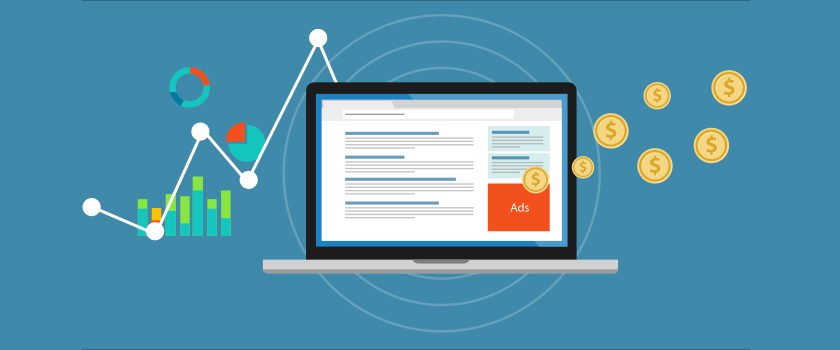
You’ve learned that you need to spend money to make money with Google AdWords. But how much money should you be spending to see the best return on your investment? That million-dollar question doesn’t have a cookie-cutter answer, but there are a few tips to creating a PPC Campaign Budget that will generate more leads and improve your business’s bottom line.
- Define Your Goals + the Value of the Lead
All successful marketing campaigns must start with a goal. Most PPC Campaigns have the same goal – to drive bigger ROIs. Do you have a dollar amount you are willing to spend on a lead? Knowing your margins and how much you can attribute to the sale is important. A customer buying a $80,000 new RV has a significantly higher value compared to an online purchase for $30 air filter. The customer buying the RV will also have a higher lifetime value than a one-time accessory purchase. Knowing your goals and the value of the lead will help shape a realistic budget that won’t burn through hundreds, or thousands, of dollars.
- Understand the Cost Per Keyword
All keywords have an average cost per click (CPC) that you bid on. If you have an AdWords account, Google offers a free keyword estimator tool, called Google AdWords Keyword Planner, that can analyze the average CPC and let you know how competitive a keyword is. Creating a list of keywords and running them through Keyword Planner will allow you to get traffic estimates, average positions, and cost-per-click bid levels. For example, I am able to see “Polaris Ranger” in Milwaukee, WI has an average CPC of $1.92 with an average position of 1, with 25-30 estimated daily impressions resulting in 2 clicks.
Fun Fact: The most competitive keywords with PPC advertising, include “Casino,” “Bail Bonds,” and “Lawyers” – all of which average over $50 for a single click. (Read more here: https://www.searchenginejournal.com/most-expensive-google-keywords/206842/)
- Adjust, Adjust, Adjust
Digital Advertising allows you to view your campaigns and make adjustments in real-time. Are you spending your budget super early in the day? Try excluding non-business hours. Are you wasting money in the regions outside your location? Pinpoint your ads to a tighter geographic radius. Keeping an eye on your campaigns and utilizing your PPC budget to its fullest potential will help your company’s bottom line.
These tips will help you shape a successful PPC budget that evolves alongside your business goals and delivers your best ROI yet!

